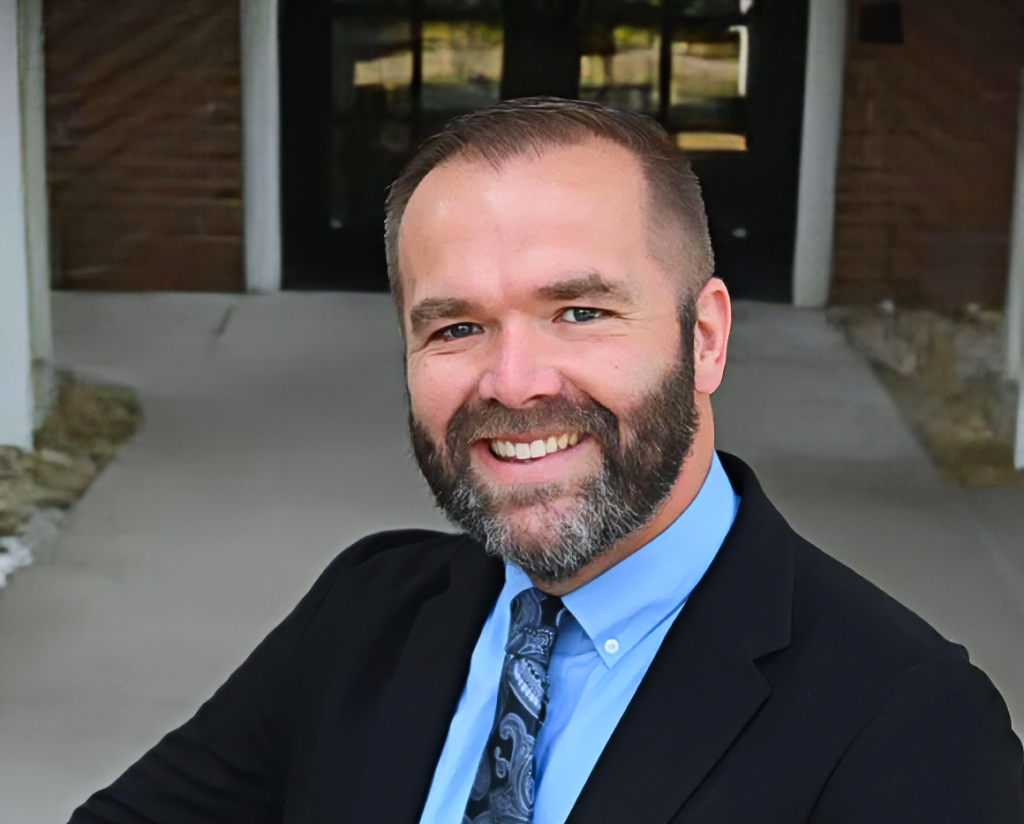In the wake of corruption indictments against Commissioner Bryan Davis, questions about ethics and transparency are swirling around Scioto County government. Citizens are paying closer attention to votes, contracts, and even appearances of conflict of interest.
Recently, questions arose about Commissioner Scottie Powell’s role in a vote connected to Southern Ohio Medical Center (SOMC) and the Rural Ohio Hospital Tax Pilot program.
Here’s what was asked — and how Powell responded.
The Question to Powell
“Southern Ohio Medical Center is setting up a tax to help them recoup Medicare and Medicaid dollars. Could you please address the following:
- Does your employer, Buckeye Hospice, receive patient referrals from SOMC?
- Do you have a business partner who also serves as the CEO of Buckeye Hospice?
- If so, how do you ensure that this relationship does not create a conflict of interest in your role as commissioner?
Powell’s Response
On Disclosing Conflicts:
Powell explained that ethics conflicts in Ohio government are generally self-disclosure issues. It is up to each elected official to disclose possible conflicts and abstain when appropriate.
On the SOMC/KDMC Request:
When SOMC and KDMC asked commissioners to meet about the hospital tax pilot program, Powell said he removed himself from the initial meetings, telling hospital leaders he would not participate because of his work in healthcare and the potential appearance of impropriety. At that time, there were still three commissioners, so two others could handle the discussions.
On Seeking Legal Guidance:
After Commissioner Cathy Coleman’s accident left the board short-handed, Powell said he was asked again to participate in discussions. This time, he sought advice from both the county prosecutor’s office and the Ohio Ethics Commission.
Both offices reviewed the situation and told Powell that his involvement would not create a conflict. Only then, in July, did he take part in the vote.
On Why It Wasn’t a Conflict:
- The program affected hospital reimbursements, not hospice care.
- Neither Powell, his family, nor his business partner stood to benefit financially.
- Patient referrals from hospitals to hospice are driven by family choice, not hospital preference, and hospice reimbursements are covered by Medicare/Medicaid, not by hospitals.
On the Timing:
Powell noted that the vote came just before a critical state deadline. Without action, the hospitals and the community could have lost millions of dollars. He said he was prepared to abstain unless legal and ethics officials gave him the green light.
What Is the Rural Ohio Hospital Tax Pilot?
The Rural Ohio Hospital Tax Pilot was included in Ohio’s 2026–27 state budget to help rural hospitals bring in more federal Medicaid dollars. Here’s how it works:
- Hospital-Only Assessment: Counties are allowed to set up a hospital assessment (a kind of tax) that only applies to participating hospitals — not taxpayers.
- Unlocking Federal Funds: The money collected is used to draw down additional Medicaid reimbursements. In Scioto County’s case, hospitals could receive roughly $3 in federal funds for every $1 locally assessed.
- Why It Matters: Rural hospitals like SOMC serve a large number of Medicaid patients, and the reimbursements they get often don’t cover actual costs. This program helps close that gap so hospitals can keep their doors open.
- Time-Sensitive: Counties had only a short window to act — after the state budget passed but before certain federal rules kicked in.
For Powell, this meant that while the pilot program was high stakes, his decision to participate had to be cleared by legal and ethics officials first.
Powell’s Takeaway
Powell closed by stressing the importance of having three commissioners on the board. With only two, abstentions or recusals can stall government business.
“This example drives home the reason why it is critical to have three commissioners, and how the absence of one could have very serious implications if we have to abstain.”
How Ohio Handles Conflicts of Interest
- Self-Disclosure First: In Ohio, it’s up to elected officials to recognize potential conflicts of interest and disclose them. If there’s any doubt, they are expected to step back from participation.
- Abstaining When Needed: Officials can recuse themselves from votes or discussions if their personal or professional ties could create even the appearance of impropriety.
- Seeking Guidance: When situations are complex, officials may consult the county prosecutor’s office or the Ohio Ethics Commission for legal and ethical opinions.
- Key Test Question: Would the official, their family, or their business partner financially benefit from the decision? If the answer is yes — or could be perceived as yes — the official is expected to abstain.
⚖️ In short, Ohio’s system relies heavily on honesty, transparency, and accountability from officials themselves — with oversight available if questions arise.
